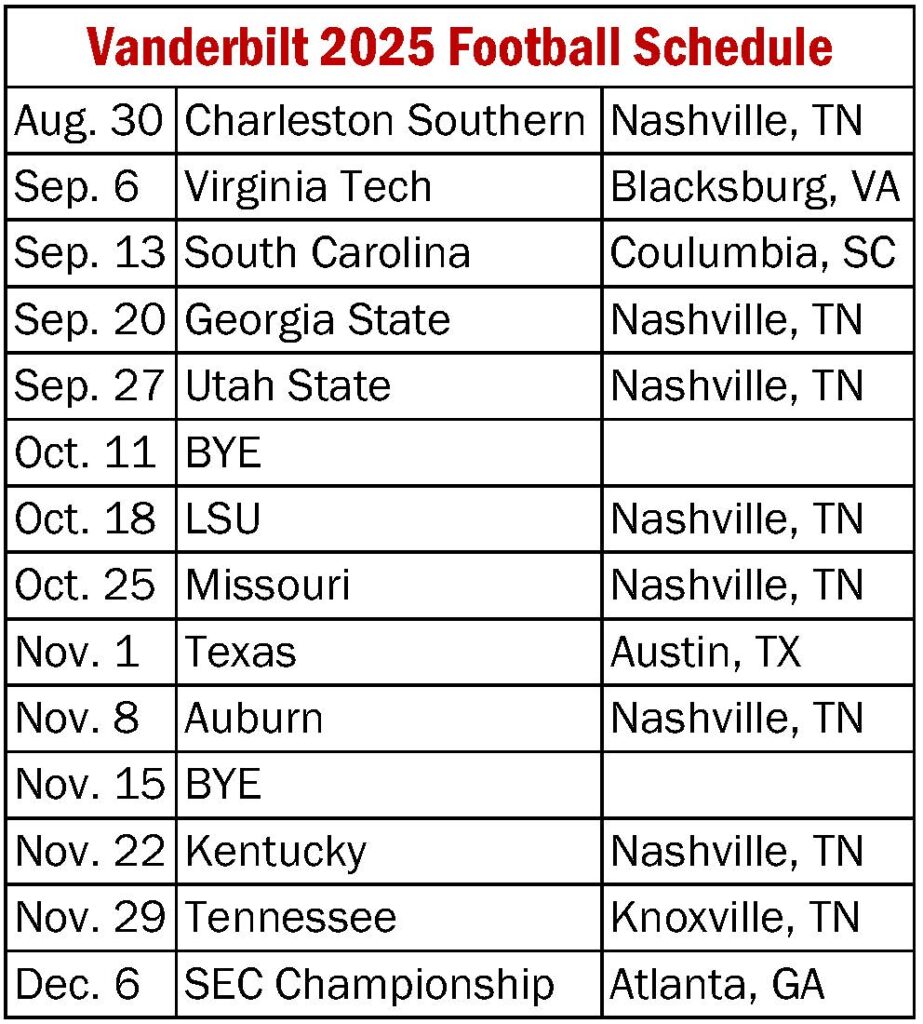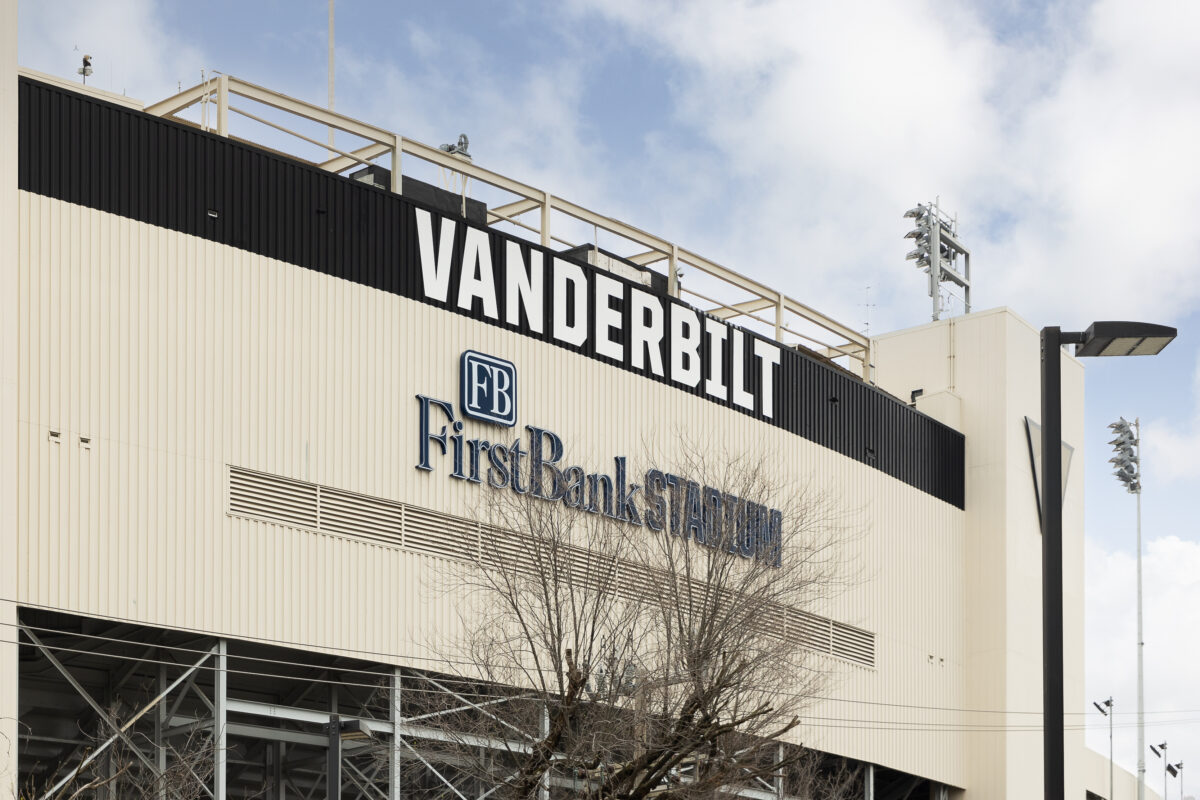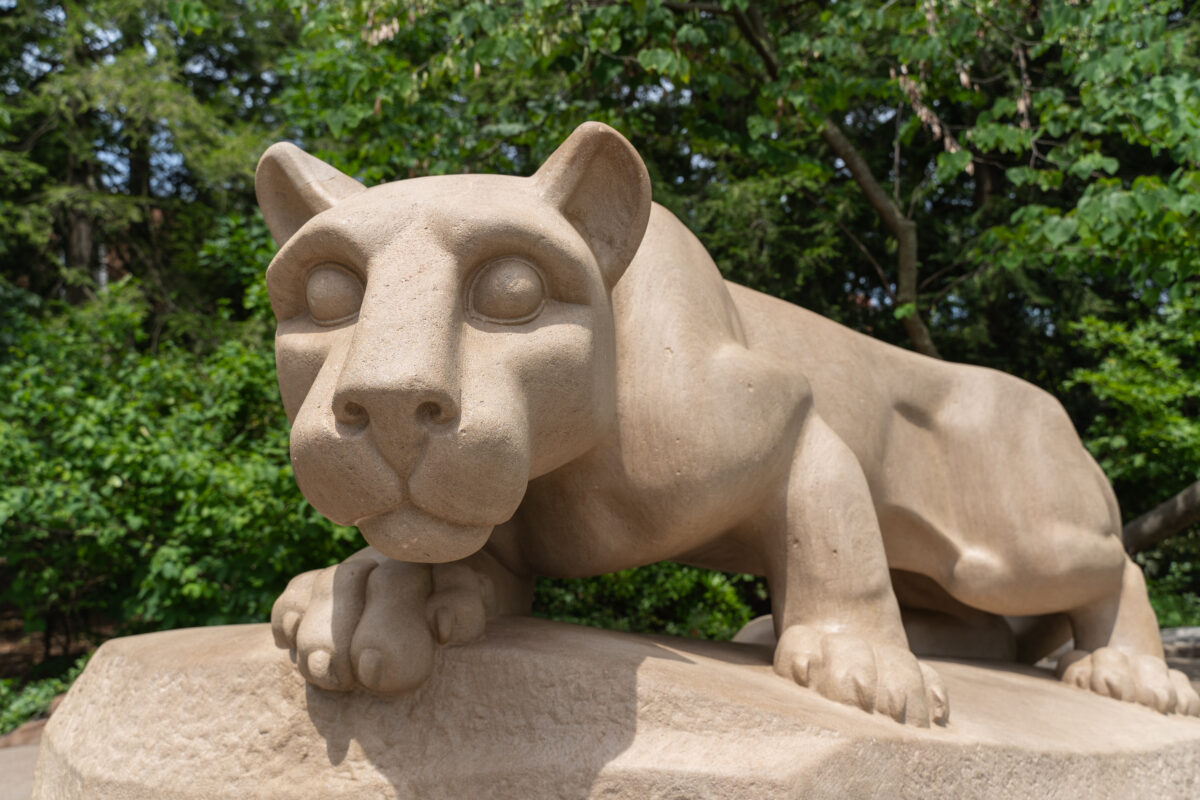Blog Article
Vanderbilt Football 2025: The Year Everything Changes
Vanderbilt football is about to prove that 2024 wasn’t a fluke.
The Commodores shocked college football last season with their first winning record since 2013, capped by a bowl victory that had Nashville celebrating like they’d won the national championship. Now comes the real test: can they do it again?
The answer lies in understanding what makes this program different from every other SEC bottom-feeder that has enjoyed a brief moment in the sun before crashing back to earth.
The Foundation That Won’t Crack
Diego Pavia isn’t just returning for his final season.
He’s returning as the most proven dual-threat quarterback in the SEC, a player who accounted for 3,094 total yards and 28 touchdowns while throwing just four interceptions in 2024. His 143.5 passer rating wasn’t a statistical accident. It was the result of a quarterback who understands how to manage games, create explosive plays, and deliver when everything is on the line.
Pavia was selected the league’s first-ever Newcomer of the Year, presented to the league’s top player who had not previously competed in the SEC and was not eligible for Freshman of the Year, according to the official Vanderbilt athletics website.
But here’s what makes his return even more valuable:
- He’s publicly declared Vanderbilt’s intent to “run Tennessee”
- He’s already proven he can beat the best teams in the country (see: Alabama upset)
- He brings the kind of swagger that transforms program culture
Joining Pavia is All-SEC tight end Eli Stowers, who became the first Vanderbilt offensive player to earn first-team All-SEC honors since 2013 after catching 49 passes for 638 yards and five touchdowns.
This isn’t just talent returning—it’s proven, battle-tested production.
The Defense Gets Serious About Stopping People
Vanderbilt’s defense allowed 376.5 yards per game in 2024, which sounds terrible until you realize where they started.
The unit jumped from 126th to 50th in scoring defense and from 104th to 52nd in rushing defense during the 2024 season. That’s not incremental improvement—that’s a complete transformation of identity.
Now they’re doubling down on that progress:
- Steve Gregory promoted to full defensive coordinator after proving his system works
- Pass rush specialist Will Smart added to maximize pressure packages
- Nine defensive starters returning, including linebacker Bryan Longwell (89 tackles) and the Fontenette-Capers pass rush duo (16 combined sacks)
The transfer portal reinforcements tell the story of a program that knows exactly what it needs:
- Safety CJ Heard from Florida Atlantic brings proven playmaking ability
- Defensive linemen Mason Nelson (Western Michigan), Jaylon Stone (Miami-OH), and Clinton Azubuike (Northern Arizona) add crucial depth
- Secondary additions Jordan Mathews (Tennessee) and others address coverage concerns
This isn’t hope-based roster building—it’s surgical improvement of specific weaknesses.
The Schedule That Will Define Everything
Vanderbilt will face seven opponents that reached the postseason in 2024, including College Football Playoff teams Texas and Tennessee.
This schedule doesn’t care about your feel-good story. It will expose every weakness, punish every mistake, and test whether this program has truly turned the corner or just enjoyed a brief moment of overachievement.
The critical dates that will define the season:
- August 30 vs Charleston Southern – No trap games allowed
- October 4 at Alabama – The revenge game, exactly 364 days after the upset
- November 1 at Texas – First trip to Austin since 1903
- November 29 at Tennessee – The rivalry game that could define the future
October and November will be brutal:
- Four SEC road games at South Carolina, Alabama, Texas, and Tennessee
- Home contests against LSU, Missouri, Auburn, and Kentucky that offer opportunities but zero margin for error
- A November slate that could either cement their reputation or expose them as pretenders
The schedule is college football’s truth serum—and Vanderbilt is about to find out what they’re really made of.

Money Talks, and Vanderbilt Is Finally Speaking the Language
The Anchor Impact Fund has raised over $2.1 million to support athletes, but that’s not the whole story.
The real story is how Vanderbilt is using NIL strategically rather than throwing money around hoping something sticks. They’re targeting specific needs, combining competitive packages with immediate playing time, and leveraging Nashville’s unique market appeal.
Here’s why their approach works:
- Portal-focused roster building that brought in nine starters for 2024’s breakthrough
- Strategic targeting of undervalued transfers rather than bidding wars for five-stars
- Emphasis on holistic development, including financial literacy and branding support
The new NCAA settlement, which allows up to $20.5 million in direct athlete compensation, will still favor programs with deeper pockets. But Vanderbilt has proven you don’t need to outspend everyone—you just need to spend smarter than everyone.
Clark Lea Isn’t Going Anywhere, and That Changes Everything
Their NIL success directly contributed to retaining players like Pavia while attracting impact transfers who might otherwise choose programs with bigger checkbooks but smaller opportunities.
Lea was the first Vanderbilt coach to be voted Coach of the Year by his peers since 2008 and the first Vandy head man to win it outright since 1982, according to Sports Illustrated’s coverage of his SEC Coach of the Year recognition.
But accolades don’t build programs—stability does.
Lea’s contract extension through 2029 provides something Vanderbilt hasn’t had in decades: continuity. His deep connection as an alumnus who played for the program creates emotional investment that transcends typical coaching arrangements.
The coaching staff tells the story of a program that values both continuity and evolution:
- Offensive coordinator Tim Beck returns with proven success developing Pavia
- Defensive coordinator Steve Gregory promoted after engineering dramatic improvement
- Strategic additions like pass rush specialist Will Smart show a commitment to specialized expertise
This isn’t a coach waiting for a better opportunity—it’s a coach building something lasting.
Special Teams: The Advantage Nobody Talks About
Kicker Brock Taylor converted 85.7% of field goals and 97.5% of extra points in 2024.
In a conference where games are decided by three points and missed kicks end seasons, that reliability is worth multiple wins. Punter Jesse Mirco averaged 48.0 yards per punt, providing field position advantages that often proved decisive.
Return specialists Junior Sherrill and Martel Hight both scored touchdowns in 2024, adding explosive potential that can flip momentum in crucial moments.
Special teams excellence isn’t glamorous, but it’s the foundation of every program that consistently outperforms expectations.
The Sustainability Test
Every SEC program has good seasons—few have sustainable success.
Vanderbilt enters 2025 facing the ultimate test: can they maintain competitiveness while navigating elevated expectations, increased media attention, and the constant threat of player defections through the transfer portal?
The answers lie in their systematic approach:
- Academic excellence (31st consecutive semester above 3.0 GPA) provides recruiting differentiation
- Cultural foundation built on development rather than just talent acquisition
- Strategic roster management that emphasizes fit over pure star power
Most analysts project a 6-6 record, but that projection undersells the program’s potential if defensive improvements materialize and key players stay healthy.
Bowl eligibility remains the primary goal, but consecutive winning seasons would represent program-altering achievement in a conference that has historically treated Vanderbilt as a guaranteed victory.
Why This Time Is Different
Vanderbilt football isn’t just building for 2025—they’re building for the next decade.
The combination of Pavia’s final season, strategic roster reinforcement, and coaching staff continuity creates the best foundation this program has enjoyed in over a decade. More importantly, they’ve proven they can develop culture, manage resources, and compete against elite talent.
The schedule provides zero margin for error but offers maximum opportunity for statement victories that could permanently elevate their national profile.
Success in November—particularly against Kentucky and Tennessee—won’t just validate the 2024 breakthrough. It will establish Vanderbilt as a permanent factor in SEC competition rather than an occasional disruptor.
The question isn’t whether Vanderbilt can compete in the SEC anymore.
The question is whether they can sustain that competitiveness while building toward something even greater. The 2025 season will provide the definitive answer to college football’s most intriguing sustainability question.
And for the first time in decades, the smart money is on the Commodores proving that lightning can indeed strike twice in Nashville.
The Next Billion Dollar Game
College football isn’t just a sport anymore—it’s a high-stakes market where information asymmetry separates winners from losers. While the average fan sees only what happens between the sidelines, real insiders trade on the hidden dynamics reshaping programs from the inside out.
Our team has embedded with the power brokers who run this game. From the coaching carousel to NIL deals to transfer portal strategies, we’ve mapped the entire ecosystem with the kind of obsessive detail that would make a hedge fund analyst blush.
Why subscribe? Because in markets this inefficient, information creates alpha. Our subscribers knew which coaches were dead men walking months before the mainstream media caught on. They understood which programs were quietly transforming their recruiting apparatuses while competitors slept.
The smart money is already positioning for 2025. Are you?
Click below—it’s free—and join the small group of people who understand the real value of college football’s new economy.

